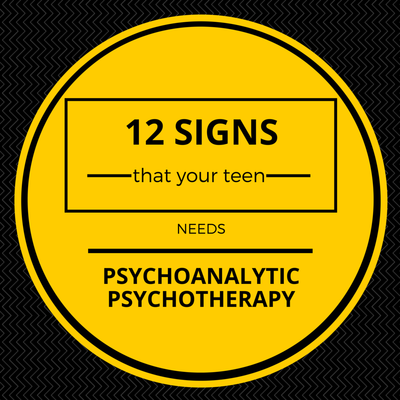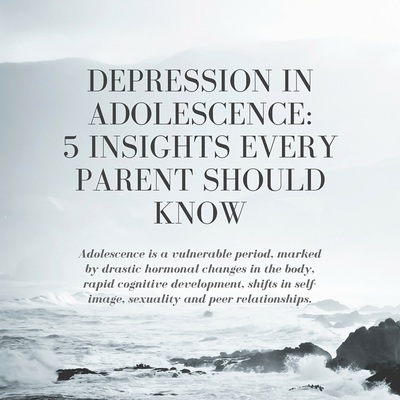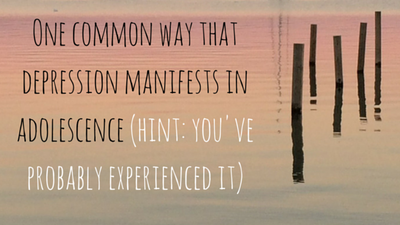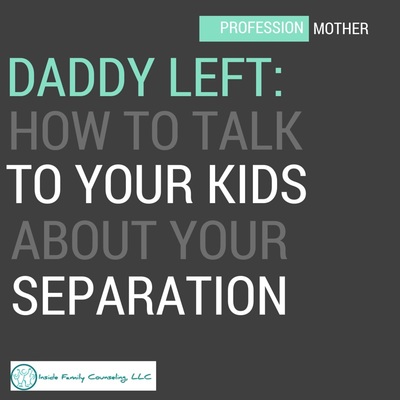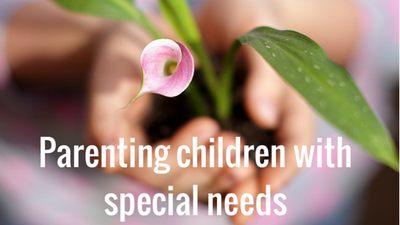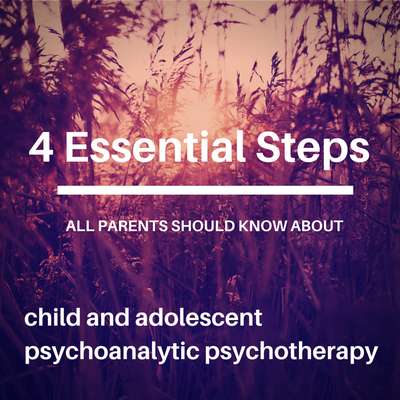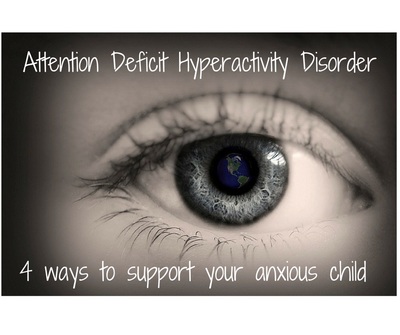Child and Adolescent Counseling
Who do I see:
I specialize in treating children and adolescents who struggle with wide variety of behavioral and emotional difficulties, from acting out and self-injurious behaviors to eating disorders, autism and childhood psychosis. Many of my child and adolescent clients need additional social and emotional support at home or at school. I assist families in finding the right therapeutic and educational interventions by collaborating with school social workers, teachers and counselors. We work together to help you and your family overcome and deal with issues such as divorce, adoptive kids, death in the family, special education needs, etc.
What can parents expect:
Usually, I request to meet with the parents first so that I can hear their concerns and begin gathering psycho-social and developmental history of the child. As a part of a detailed mental health assessment, I often meet with each parent individually as well to discuss their perspective of the child's struggles and assess the family environment. Then, I like to spend a few sessions to get to know my young client and hear their point of view on what is bothering them as well as to conduct my diagnostic assessment. At the end of this process, I offer the parents my clinical impressions and treatment recommendations necessary to meet the social and emotional needs of their child, including the intensity of the therapy and the frequency of the sessions.
How often will you see my child? It is standard practice to see clients once a week for psychotherapy. Children, however, have a different perception of time than adults and it generally seems longer for them. For this reason, I like to see younger children on a biweekly basis - a week feels too long in-between sessions for them to make the best use of the treatment. Teenagers, especially higher functioning ones, have a more adult perception of time and once a week is usually sufficient. If your kid is really struggling at home and at school, was recently hospitalized or threatened harm to themselves or others, regardless of their age, s/he may need a more intensive course of psychotherapy, somewhere between two to four times a week. There is no once-size-fits-all so I like to get to know each family and kid individually before making a recommendation.
How involved do I need to be in my child's treatment? I always collaborate with the family to ensure a deeper understanding of the child's struggles and a long-lasting change. I welcome and encourage parents' participation in the treatment and offer to meet with them as many times as necessary in addition to the individual sessions with the child. Sometimes, I incorporate family therapy sessions and parenting counseling to help the family implement changes and interventions in their home environment.
I specialize in treating children and adolescents who struggle with wide variety of behavioral and emotional difficulties, from acting out and self-injurious behaviors to eating disorders, autism and childhood psychosis. Many of my child and adolescent clients need additional social and emotional support at home or at school. I assist families in finding the right therapeutic and educational interventions by collaborating with school social workers, teachers and counselors. We work together to help you and your family overcome and deal with issues such as divorce, adoptive kids, death in the family, special education needs, etc.
What can parents expect:
Usually, I request to meet with the parents first so that I can hear their concerns and begin gathering psycho-social and developmental history of the child. As a part of a detailed mental health assessment, I often meet with each parent individually as well to discuss their perspective of the child's struggles and assess the family environment. Then, I like to spend a few sessions to get to know my young client and hear their point of view on what is bothering them as well as to conduct my diagnostic assessment. At the end of this process, I offer the parents my clinical impressions and treatment recommendations necessary to meet the social and emotional needs of their child, including the intensity of the therapy and the frequency of the sessions.
How often will you see my child? It is standard practice to see clients once a week for psychotherapy. Children, however, have a different perception of time than adults and it generally seems longer for them. For this reason, I like to see younger children on a biweekly basis - a week feels too long in-between sessions for them to make the best use of the treatment. Teenagers, especially higher functioning ones, have a more adult perception of time and once a week is usually sufficient. If your kid is really struggling at home and at school, was recently hospitalized or threatened harm to themselves or others, regardless of their age, s/he may need a more intensive course of psychotherapy, somewhere between two to four times a week. There is no once-size-fits-all so I like to get to know each family and kid individually before making a recommendation.
How involved do I need to be in my child's treatment? I always collaborate with the family to ensure a deeper understanding of the child's struggles and a long-lasting change. I welcome and encourage parents' participation in the treatment and offer to meet with them as many times as necessary in addition to the individual sessions with the child. Sometimes, I incorporate family therapy sessions and parenting counseling to help the family implement changes and interventions in their home environment.
Some common reasons why parents seek therapy for their kids
Call 773-470-3106 and make an appointment today.


